The carnet, that tiny yellow plastic card with your picture on the front and a copihue (national flower of chile) in relief strung across the card like a choker, is essential to your life. Well really, most of the time you only need your national ID number (RUT), but if you want to do any official business with the government, like for example, leaving the country as a foreigner, you’d better have the real McCoy in your posession.
When I first moved here, I jumped through the carnet-application process. A year later, I had to repeat it, for another carnet that would last just one more year. After two years of one-year carnets, I had the joyous opportunity to pay the Chilean government about $70, and run in a tight polygon between my house, the bank, extranjería, Interpol, the photo place, the photocopy shop, the post office and Registro Civil and stand in not a small number of lines to get my definitive residency (residencia definitiva, a bit like a greencard), and its matching five-year carnet. I also had to write a letter stating why I wanted to stay in Chile. If I can find a copy, I’ll be sure to share someday. Five years without going to Registro Civil! Five years without waiting in line at Interpol. No more tiny pictures, no more photocopies, no more certificates proving this and that.
Provided, of course that I could keep my stinking carnet from falling into the abyss. Which I could not. And here I must borrow a line from Dooce, blogger extraordinaire.
Remember the abyss? BE YE NOT SO STUPID.
So here’s what I did on Thursday.
9:30, set out from home, ride bike to Registro Civil, to find out what is necessary for a holder of residencia definitiva to get a new carnet, having been both somehow irresponsible enough to have lost her first one (perhaps it should be BE YE NOT SO IRRESPONSIBLE?) yet smart enough to know that before starting any tramite (bureaucratic transaction) in Chile, you should always find out the steps first from a reliable source.
9:50, make photocopies of both the first page of my passport and the somewhat mashed up residencia card which luckily had been really badly laminated, as I had to open it to make a proper photocopy. (cost, 90 pesos)
10:15, enter Interpol, after first having made conversation with the guy with the breakfast stand outside where I locked my bike. Interpol, or Policía Internacional as we like to call it, is located on a street no one has ever heard of called Borgoño, which only serves to remind you that during the whole interminable wait during which you’re playing a decent round of “guess the country” with everyone all around you (no fair peeking at passports) you are not, in fact drinking borgoña, which is wine with fruit in it like strawberries or cherimoya (custard apple). A shame really, because it would make the time pass much faster.
11:45, number 607 is called, and I must leave my Peruvian seatmates, beneficiaries of the recent granting of amnesty (in Spanish) for people from the Americas (except the US, Canada, Belize, Surinam and the Guyanas) who were here working illegally, but can now regularizar su situación (legalize their status).
12:07, after being chastized for having lost my carnet, and being charged 1600 pesos (about $3), I am now the proud owner of a certificado de viajes, which says I have not been out of Chile for more than a year, and a certificado de vigencia de residencia definitiva which proves that my “greencard” is still in effect. During this time I feel terrible for a Hatian woman who does not speak Spanish and has not brought a translator with her, and also discover that many people with my first and last name have come in and out of Chile in the last year, I am set sprung.
12:30, I bike over to one of the more pleasant locations of registro civil, this one on Miguel Claro. I take a number, 59 which is strange because the number reader says 65. Oh, they had to start over, I’m assured by a woman with a face that says she’s been waiting for hours. So I sit and I read, and I read some more, and I give my seat to a man with a cane who asks where I will then sit (was he being argumentative or polite?). I call my lunch people and tell them I will likely be late and hope that they will forgive me, because by successfully visiting Interpol and Registro Civil in one day, I will have done the absofreakinglutely impossible. This achievement brought to you by Bianchi.
2:40, My number is finally called, and I get to pay about eight dollars, cede my photocopies and the originals of the items I’ve picked up at Interpol, get a picture taken, and then am given a piece of paper with my picture printed on it, which I can use to pick up my new carnet on Halloween, about two weeks before I need it to leave the country. And I made it to lunch, which was delicious.
Like I said, beware the abyss, hold on tight, and don’t be a bozo. Wash, rinse, repeat. Also whenever you have to run a bunch of errands, go by bike and wear a helmet.

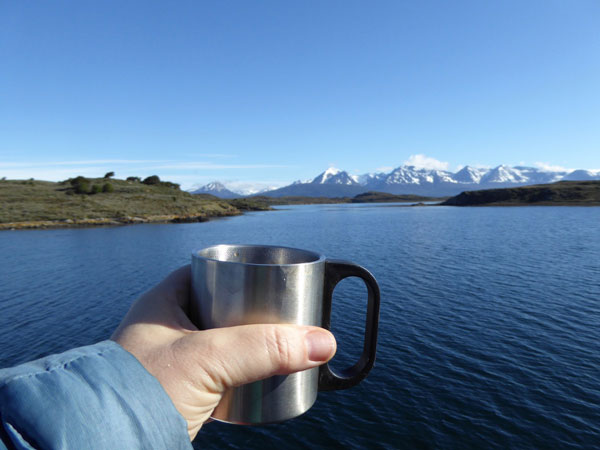
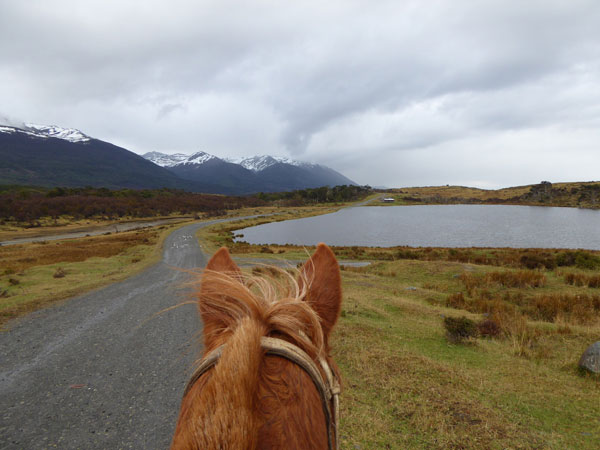
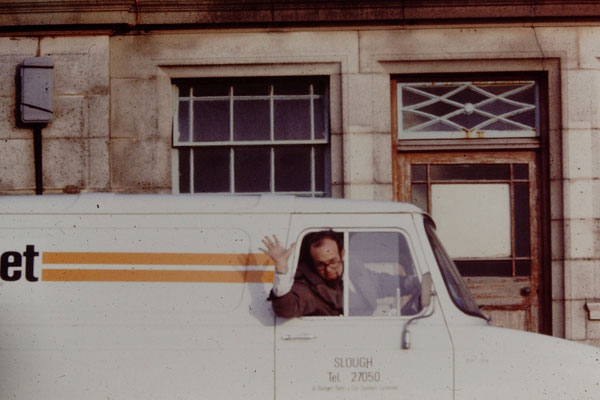
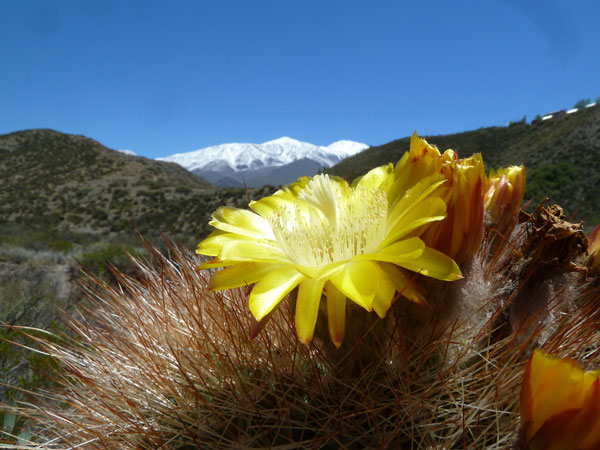

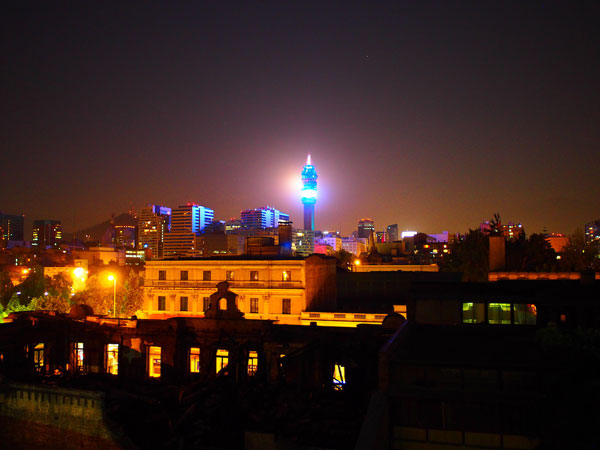
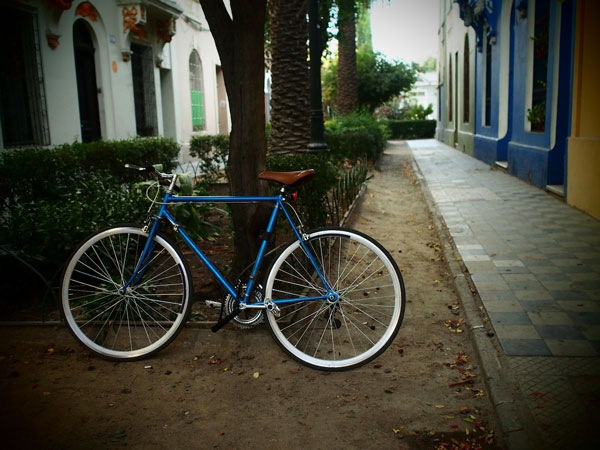


I had to renew my passport today. It was total hell, totally crowded and the people at registro civil were being especially rude today. And by the way, I once got laughed at for calling a chirimoya a custard apple 🙁
Hey, I'm Thomas the Canadian from the skatepark the other weekend. (the one with the host mom who wanted to marry you off haha). I know exactly what you went through for that stupid card. I had to fill out all the paperwork, then when i went to get the card they realized there was a problem with my visa, it said estudiante titular, instead of just estudiante. So i had to go to just about every goverment building in Santiago to sort that out. Then I go back to get the card and had to fill out all the same paperwork for a second time along with the fingerprints and picture. how fun lol